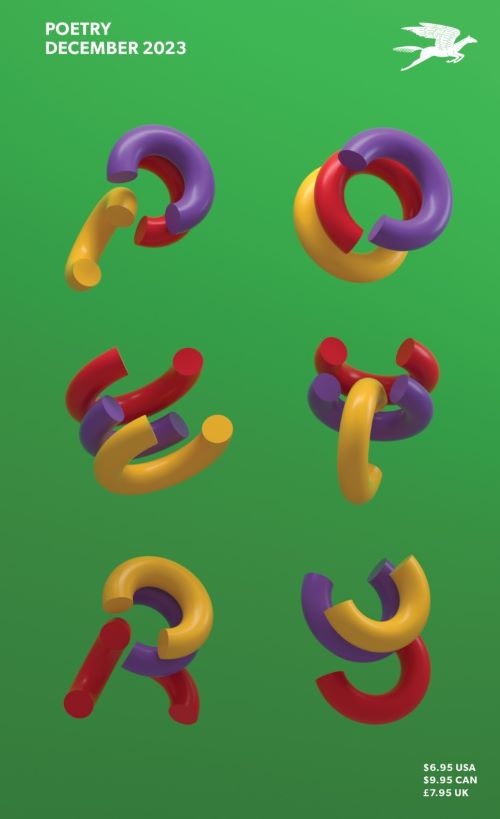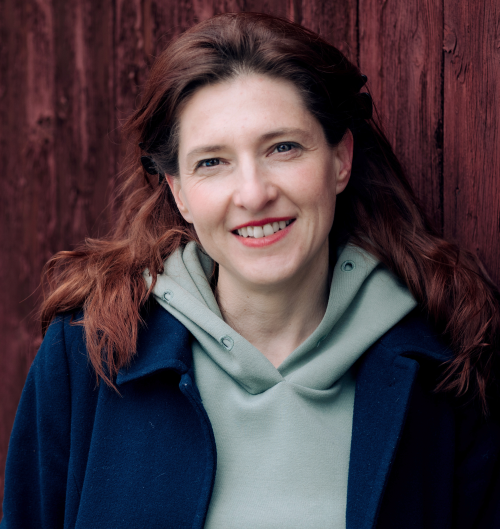Wilderness of Speech
With our ever-increasing distance from nature, alongside our excessive extractive practices, the idea of wilderness has become a topos of longing; nevertheless, wilderness still harbors the potential to undo the cultural achievements that are the basis of human civilization. Prior to the Enlightenment, European thought regarded wilderness as a threat, if also a source of fascination; in the Enlightenment’s wake, wilderness was rebranded as an Edenic original condition, both with respect to nature and to humans themselves. The “wild”—e.g. what was “foreign,” “untamed,” un- or dis-ordered—now carried positive connotations, even though the word, which in Grimms’ German Dictionary 1 included the definition “inhibitory distress, mental confusion,” still had not lost its ominous cast. Today in Germany the term is chiefly used in discussions of ecological issues and has a positive image in public discourse. We are establishing more and more wilderness areas where nature is left undisturbed: in particular, the increasing depopulation of regions in eastern Europe and central Germany as a result of demographic and economic shifts creates favorable conditions for the return of wilderness. Yet not everyone subscribes to the official rhetoric; many farmers and hunters, for instance, see the resurgence of animals like wolves—once decimated nearly to the point of extinction—as an existential threat. That wilderness is what inherently cannot be controlled is also apparent in areas where exploitative practices damaged landscapes in ways that have led to unpredictable and unmanageable catastrophes, like landslides in former mining regions or the subsidence and massive sinkholes in the city of Berezniki in the northern Urals, which was literally undermined by its potash industry and where entire neighborhoods are now sinking into the abandoned caverns below.
In tandem with these ecological processes of rewilding, whether intentional or catastrophic, we also see a societal turn away from behavioral norms in public life and society. The culture of public discourse has become nothing less than brutal; society now accepts and even seems to welcome crudeness, coarseness, capriciousness, impulsiveness—in sum, the law of the strongest, what we might also call “wildness.” These shifts, too, then, are degenerative processes of wilding, the turn after a long phase of increasing civility to a longing for something “elemental,” “raw”—and certainly also a desire for danger, risk, for extremes. The breakdown of civilizational norms like the censure against lying (at least openly!) is part of this shift. But, in the world of social media, lies thrive because the false conceptions and forces they unleash propagate quickly once they are released into the world. Corrections and fact-checks, by contrast, generally don’t spread along the same pathways and don’t reproduce as easily as the original lies. In essence, disinformation is more highly adapted to the environments our technologies have created. This asymmetrical tactic in contemporary media finds an analogy in the practice of asymmetrical warfare. To extend the metaphor: the difficulty of obtaining a comprehensive picture of a battlefield has a linguistic analogy in the occupation of new fields of meaning, in the permanent shift of meaning in language: advance + retreat = conquered territory. Of course, the model simply reflects the way language operates—what is said enters the world and can’t be taken back; at best, it can only be placed into a different context.
And here we are back at nature again—the destruction of common land generally begins with one-sided extraction or a targeted incursion into and weakening of protected areas in order to undermine their conservation value. It’s a familiar story; if something loses its perceived beauty or purity, it’s just that much easier to go on destroying it. And yet: wilderness is still a creative force, both life-giving and life-taking, and wilderness remains what we yearn for, the counterpart to our “culture,” the adversary we so deeply desire.
1 Akin to the OED, Jacob and Wilhelm Grimm’s Deutsches Wörterbuch (33 volumes compiled over a period of more than 120 years, with over 350,000 entries) is the encyclopedic arbiter of the German language.




